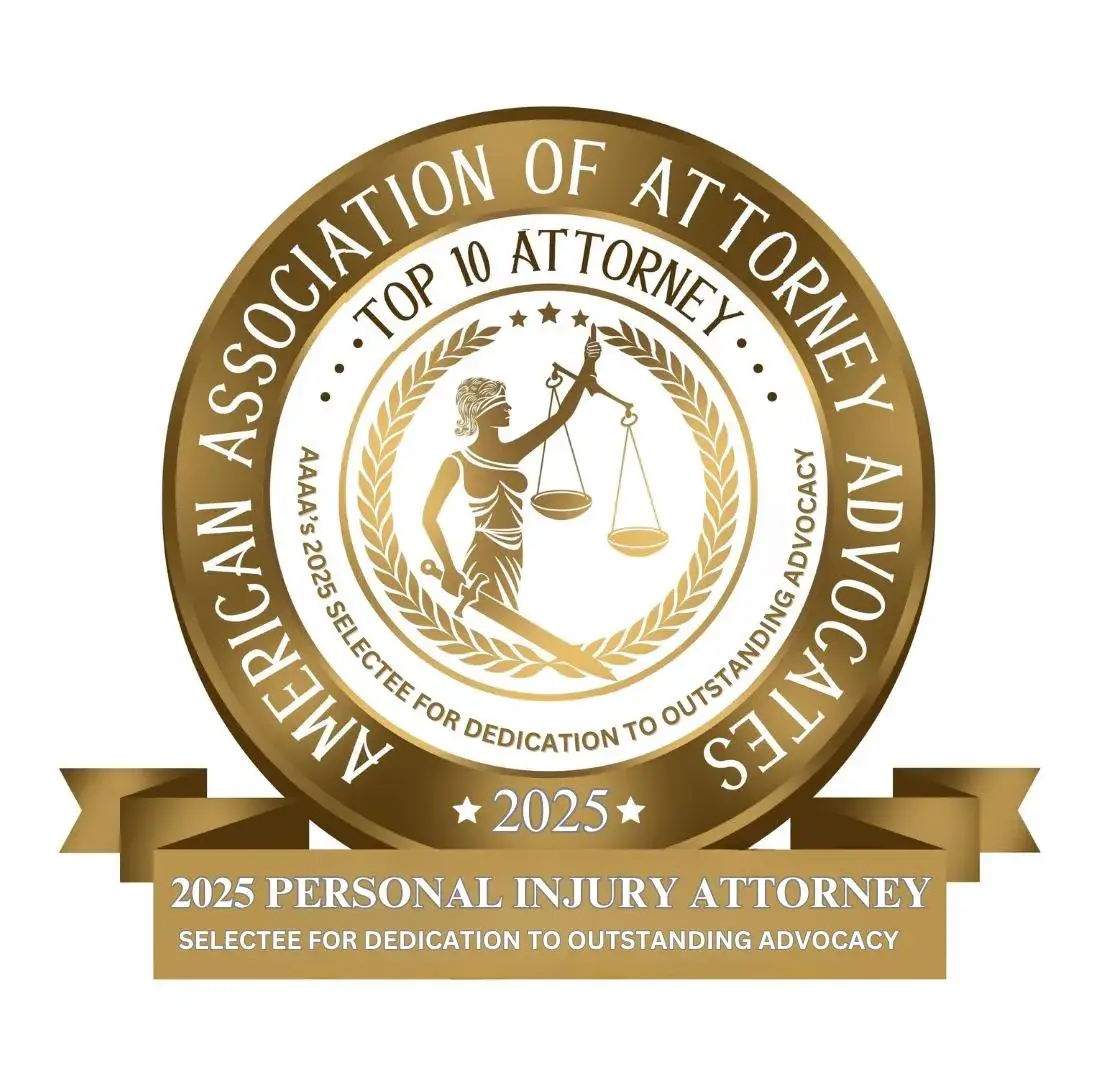Lawsuits Involving Food Poisoning
After contracting food poisoning, many people overlook the possibility of filing a civil suit. But the truth is, every restaurant and food company has a legal obligation to produce a safe and hazard-free product, and putting out contaminated food is a breach of that duty.
Food poisoning cases fall under strict liability laws in New Jersey. Under strict liability, the plaintiff only has to prove that the food product was contaminated and that the contamination directly caused you to be sick. Strict liability makes it much easier for plaintiffs to collect damages, as you are not required to prove that the manufacturer or supplier of the food was negligent in any way—only that the final product was contaminated. The theory behind this is that if the food became contaminated before reaching the consumer, you can automatically assume that someone along the chain of distribution was negligent.
Therefore, in New Jersey, there are only two things to prove in a food poisoning claim:
- The food you ate was contaminated: You must determine the particular food product that made you ill, which can be difficult if there is a delay between eating the food and getting sick, which there often is.
- The contamination made you sick: You must prove that the contaminated food was the proximate cause of your illness.
Determining liability in a food poisoning case can be complicated. To start, think about all of the parties involved in the chain of distribution for that particular product. For packaged foods, contamination usually occurs at the preparation/packaging facility for the product. For restaurants, contamination usually occurs in the kitchen or food storage areas, where uncleanliness or improper food storage temperatures can give rise to all sorts of bacteria. But before the food arrived at the store or restaurant, chances are that the ingredients originated somewhere else. It is important to consider all possible avenues for a food poisoning claim, even the less-obvious ones.
It is often difficult to prove what exact food product was contaminated, which can make your claim hard to prove. However, in cases of mass food poisoning, proving this become much easier. When lots of people have been made sick by the same product, a state or federal health agency will often step in and trace the outbreak back to the original source. In these cases, the health agency will do scientific testing to determine the contaminant, which can help you prove that your illness was caused by the food.
When a large group of people fall ill from the same contaminated food, a class action suit is often formed. These lawsuits allow a number of people to band together and seek compensation en masse, rather than filing dozens or even hundreds of individual lawsuits against the company. If a class action suit already exists, you can join the existing action, which has several advantages:
- There is usually little or no upfront cost to you
- You will not have to work out complicated legal issues, like where and how to file your claim
- The lawyers for the class action suit, who usually have vast experience bringing cases against large companies, become your lawyers
If there is no existing class action suit (or if you choose not to join the suit), you can file an individual lawsuit against the company or restaurant instead.


















